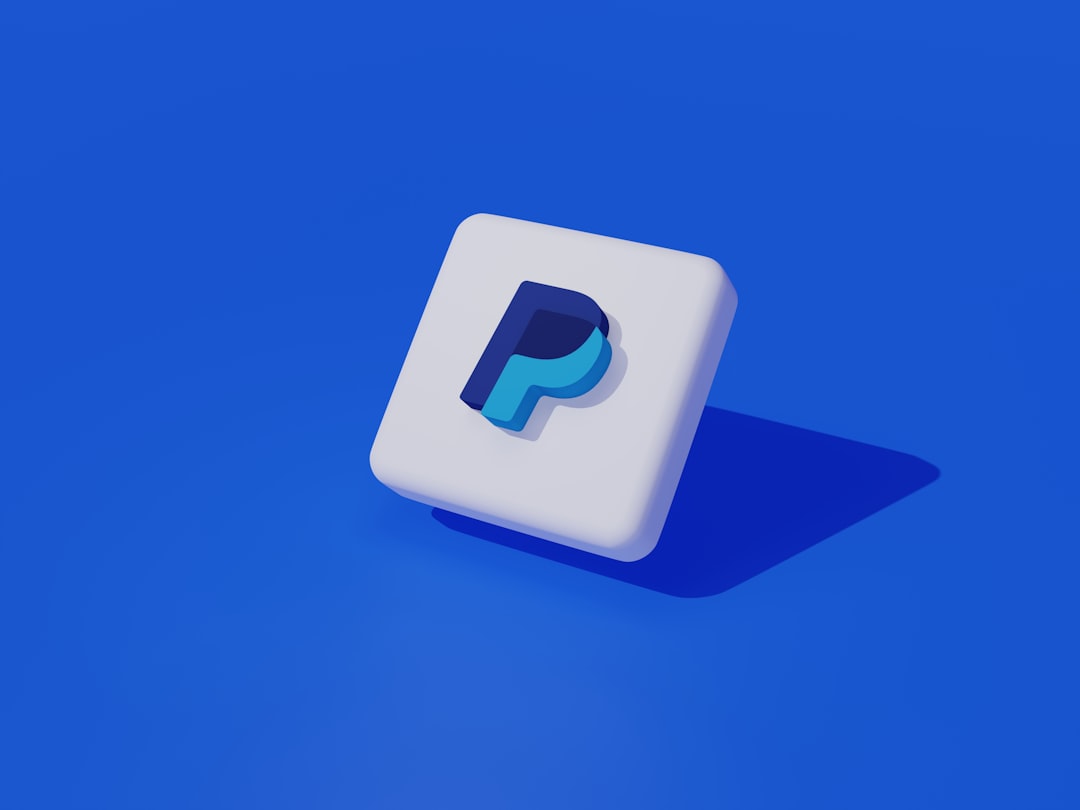PayPal is looking to simplify the storage of blockchain data by patenting a system for compressing and storing blockchain blocks. The company acknowledges that as more transactions are added to the blockchain, its storage needs increase significantly, making it difficult to maintain.
Here’s how PayPal’s system works: Once a block of the blockchain reaches a certain size threshold, it is compressed. This compressed block is then stored with a data storage service provider, replacing the original block. In place of the original block, a “new era genesis block” is generated. This new block contains an address where the original block is held and a digital footprint called a “root hash value” that verifies the authenticity and contents of the original block. This method helps reduce network costs associated with transmitting and distributing a large blockchain.
Think of it like a debit card: You don’t carry all your cash with you; it’s stored at a bank, and you access it using a card. Similarly, PayPal’s system compresses and stores blockchain blocks externally, making it easier to manage and reducing the burden on network resources.
PayPal has been actively exploring blockchain technology and has filed patents for various blockchain-related inventions. It offers services to buy, transfer, and sell cryptocurrencies like Bitcoin, Ethereum, and Litecoin within its app. Recently, PayPal introduced its stablecoin called PayPal USD, becoming the first major financial company to do so.
The challenge with blockchain technology is the large amounts of data it generates and the limitations of block size. While there are existing solutions called “layer-two solutions,” they can be complex for regular users to implement. PayPal’s user-friendly approach is expected to make blockchain technology more accessible to the general population and institutions.
By simplifying blockchain data storage, PayPal aims to address the growing storage needs of the blockchain while making it easier for users to interact with this technology. With its widespread use as a fintech platform, PayPal’s approach could potentially lead to greater adoption of blockchain technology among both individuals and institutions.
